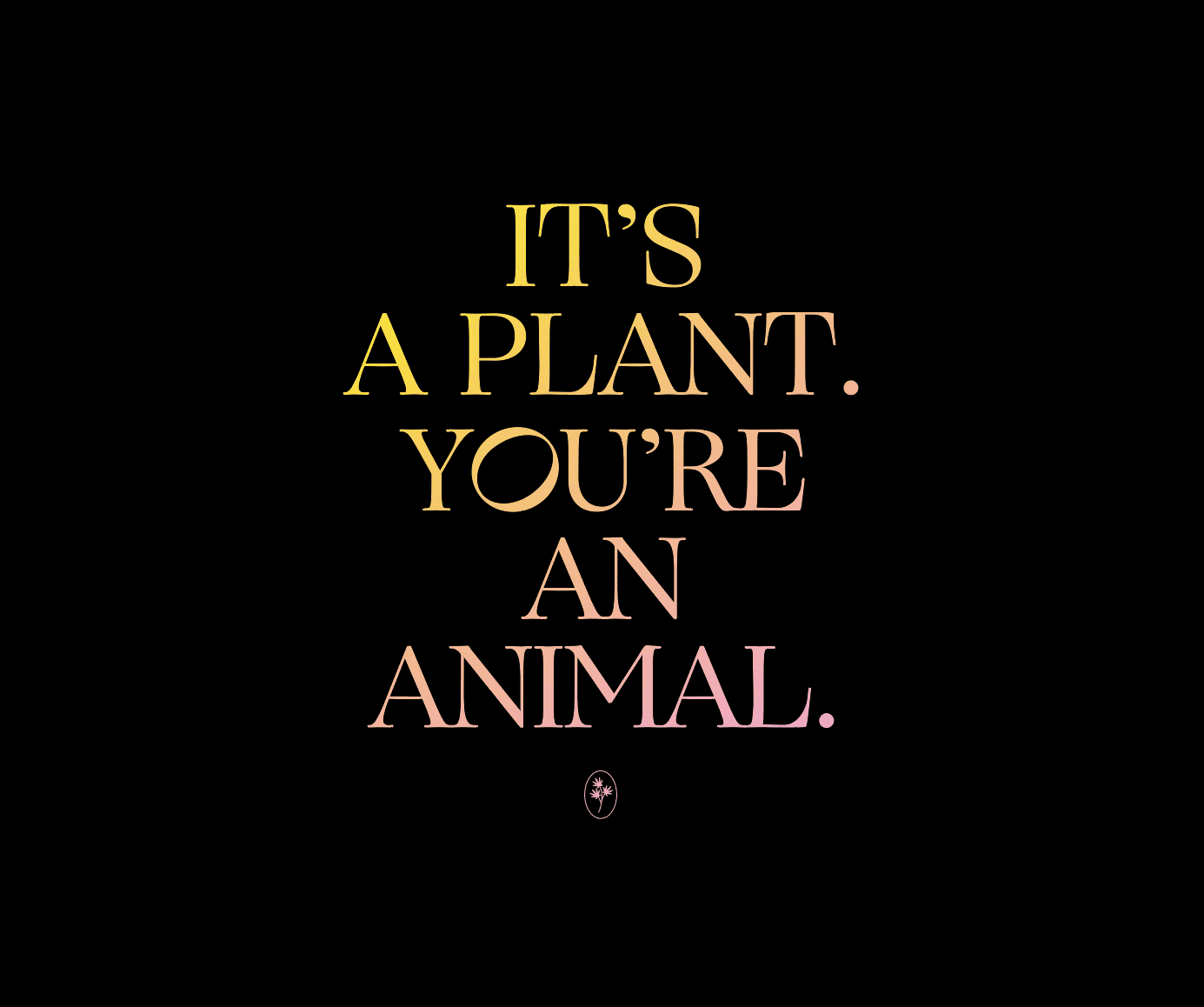If you’re reading this, you probably already know what we have to say about the link between cannabis legalization and mass incarceration. We will never be free as cannabis consumers and conscious advocates, and as a country, until we are all free. But how can you support cannabis prison reform?
And, chances are you've scrolled upon at least one Instagram mention of the National Bail Out collective and specifically, their #FreeBlackMamas campaign. Countless people from a multitude of backgrounds have given what they can to help bail out Black and Latinx mothers from prison in support of National Bail Out Collective. That’s actually how we first heard of this grass roots organization, but it’s far from the extent of what they do—and what we can all do to help them.
“The NBO is a Black-led and Black-centered collective of abolitionist organizers, lawyers, and activists building a community-based movement to support our folks and end systems of pretrial detention and ultimately mass incarceration,” says the collective’s project director, Arissa Hall. “We do this through three strategic priorities: continuing Black Mama’s Bail Out, building political community with those we bail out, and providing thought leadership.”
 Miss Grass x National Bail Out T-Shirt, $30
Miss Grass x National Bail Out T-Shirt, $30
In the US last year alone, 608,775 people were arrested for cannabis possession. And considering Black and Latino people make up half of these types of arrests—despite being only 31.5 percent of the population—it's safe to say the War on Drugs isn’t some blight of the last century. It’s happening all around us, today.
And it’s time we shouted about it. That’s why Miss Grass has created an exclusive long sleeve tee. It says, “It’s a plant, you’re an animal.” Because cannabis is as natural as oxygen, and yes, because the way we treat people of color on the front lines of this plant, is truly bestial.
We’ll be donating 100 percent of the profits of this limited edition tee straight to the National Bail Out collective too.
By wearing this cutie, you’ll not only be sending a strong message, you’ll be putting your money where your mouth is when it comes to the liberation of all those incarcerated in a system designed to keep them down, while others thrive from the “green rush.”
We spoke to the National Bail Out collective’s Arissa Hall to find out more about their game-changing work. Read on to learn more about them—and don’t forget to grab your tee and/or donate to the NBO.
Miss Grass: How did the National Bail Out collective come about?
Arissa Hall: NBO came together in recognition and understanding of the devastating harms and disproportionate impacts that money bail and pretrial detention has on our communities. We believed that as members of these communities, we were best equipped to collectively assess and create solutions to address these harms.
Our formation was initiated with an invitation from Mary Hooks, co-director of Southerners On New Ground (SONG), a Southern regional queer liberation organization. She invited us to join a tactical mass bail out in the tradition of our enslaved ancestors, who had to buy one another’s freedom in many forms and fashions—and centering our Black queer feminism—the emergent NBO collective committed to bailing out Black mamas, mothers, and caregivers; a marginalized community of people who often get forgotten in both the narratives, and proposed solutions of criminal legal reform.
How do you see the link between the historical criminalization of cannabis and the present day prison industry?
Cannabis or what I’ve known as weed, has been something that communities of color, particularly Black people, have enjoyed and participated in through legacy economies for years. But due to xenophobia and anti-Black racism, these activities along with anything else that marginalized people have participated in, has become criminalized. Thus forcing generations of communities to be caged and deemed unworthy.
And in this current cannabis boom, those that remain the primary beneficiaries are white, while Black and Latinx people are unable to benefit and capitalize, due to their continued criminalization for use and distribution. In this moment there is someone in a cage for cannabis. And all of this is in line with the larger criminal legal system which locks up Black folks at twice the rate of white folks.
 National Bail Out Fund Fellowship graduates, 2019 (Courtesy)
National Bail Out Fund Fellowship graduates, 2019 (Courtesy)Why is it so crucial that we—as an industry and as cannabis consumers—consider turning our gaze from federal legalization to ending mass incarceration first, or at least in parallel?
It’s important as beneficiaries of a market that has been sustained on the backs of Black and Latinx people who instead of reaping major benefits, have been thrown in a cage or boxed out of mainstream markets due to impossible standards. In order to reckon with that as conscious consumers, there needs to be an address of all of the historical and present day harms that criminalization and incarceration bear.
The National Bail Out Collective’s “Black Mama’s Bail Out” project got a ground swell of community support in Mother’s Day of this year. What did the success of #FreeBlackMamas tell you about the unaddressed need for this kind of activism?
It told us a whole lot, particularly that there needs to be a cultural shift regarding who we see when we think of those impacted by incarceration and what are the implications of that. We know that those identified as women are the fastest growing jail population and 80% of those people are mothers. We also know that Black women and femmes are overrepresented in those jails, and oftentimes left out of the criminal legal reform narrative.
And we definitely know that the majority of people, regardless of socioeconomic status, has had a mother or caregiver nurture them at some point which helped galvanized major support. We have seen people support in their mama’s name with whatever they had, which is beautiful. And it showed that the kind of organizing that changes hearts, minds, and policy is the way that we will win.
The FreeBlackMama’s Fellowship is taking that work even further into the community. What does that look like?
It looks like world building. Literally, the vision of the FreeBlackMama’s Fellowship is to advance the possibility for Black liberation through political education, and cultural production. We’re building a political community with those that we’ve bailed out through eight-week paid political education fellowships where the fellows can come together and build leadership skills as well as break the chains of isolation that criminalization creates, through community.
The magic that this fellowship contains is the immense leadership development that has allowed for last year’s fellows to be organizers in this year’s bailouts and mentors in this cohort.
We know the new Black mothers are especially targeted for drug testing and can have their children taken by authorities for using medical cannabis during pregnancy, even if it’s CBD, and even in states where it’s legal. What do you think we need to do—that we may not be doing now—to fight to change that?
We need to continue to be honest about the ways that new Black mothers and parents are criminalized and harmed during times that are supposed to be beautiful and sacred, such as childbirth. And when we’re able to continue to identify and name these problems, we are better able to assess and be involved in solutions.
I think the need is to be informed about what’s happening and support/join the work that is happening—organizations such as Drug Policy Alliance and Movement for Family Power are those that come to mind.
Where would you like to see your organization (and the world) in five years’ time?
In five years, I hope that pretrial detention has ended and the work of National Bail Out is to continue to freedom build and create innovate infrastructures that serve the needs and desires of our people.






